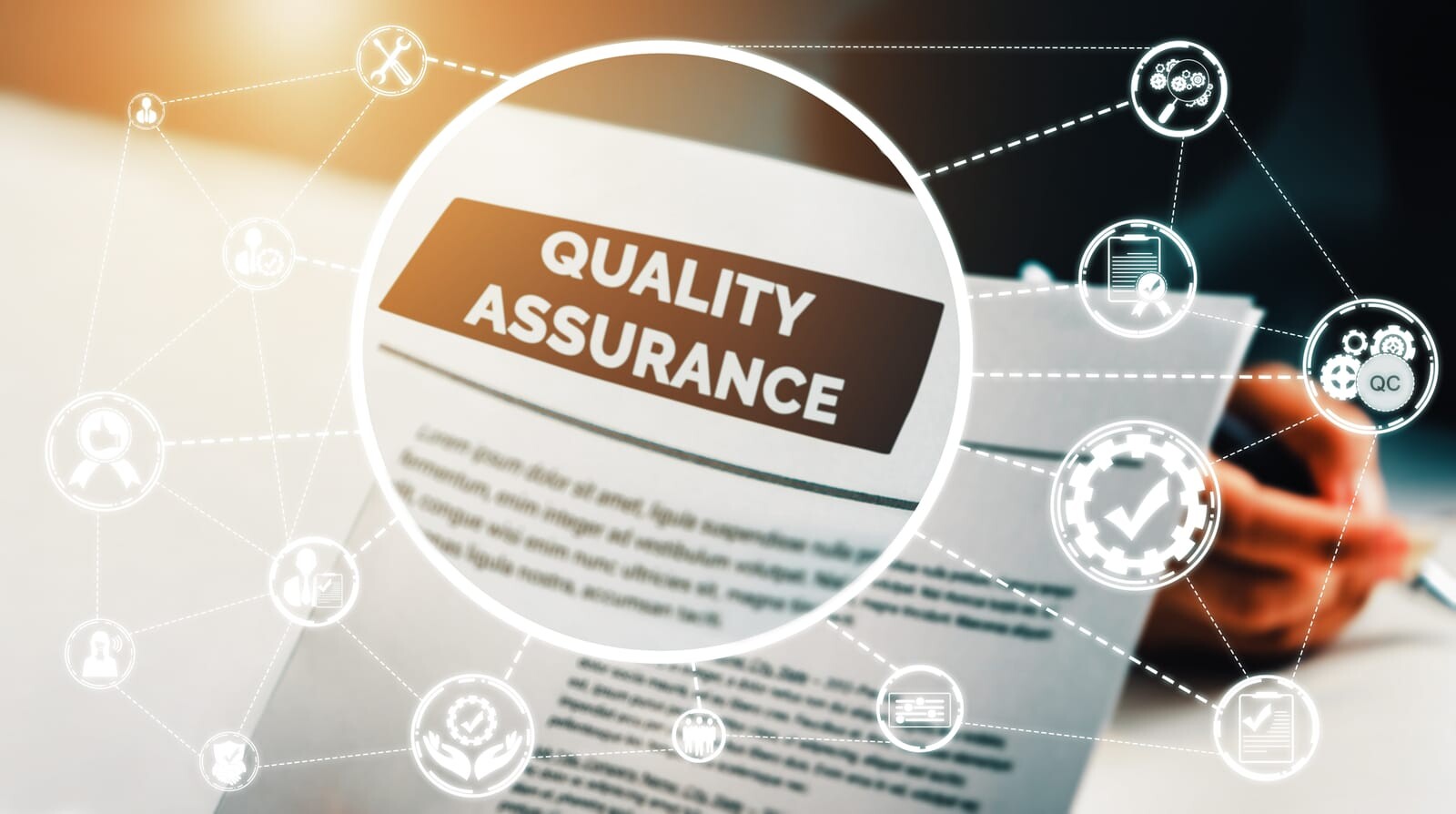QA or Tester?
We often hear the roles of QA, tester, QA Engineer, etc. What are the differences, if any?
In this article, we will try to provide more information on the following points:
1. What is the difference between QA and tester?
2. Junior QA
3. Mid-Level QA
4. Senior QA
5. What are the seven vital skills for Quality Assurance Professionals?
While quality assurance (QA) and testing are closely related functions within software development, they do not have the same roles. Here's a breakdown of each:
Quality Assurance (QA):
- QA is a broader discipline focused on ensuring the entire software development process, from requirements gathering to deployment, meets specified quality standards.
- QA professionals are responsible for defining quality processes, standards, and methodologies to be followed throughout the software development lifecycle.
- They may conduct audits, reviews, and inspections to identify areas for improvement and ensure compliance with quality standards and best practices.
- QA encompasses requirements analysis, test planning, process improvement, and quality metrics monitoring.
Tester:
- Testers are individuals responsible for executing specific tests to identify defects or issues in software products.
- They follow test plans and test cases developed by QA professionals to validate that the software functions as expected and meets defined requirements.
- Testers perform various types of testing, including functional, regression, integration, and user acceptance (UAT).
- Their primary focus is identifying bugs, glitches, or inconsistencies in the software and reporting them to the development team for resolution.
While testers are integral to the QA process, QA encompasses broader activities beyond testing. QA professionals define quality standards, establish processes, and ensure the entire development workflow adheres to those standards. On the other hand, testers execute specific tests to verify the quality of the software product. In some organizations, individuals may perform both QA and testing roles; in others, these responsibilities may be divided among team members.
Junior QA
Junior QA professionals are entry-level professionals typically responsible for executing test cases, documenting defects, and assisting senior QA engineers. They may have limited experience in testing methodologies and tools. Usually, up to two years of working as Junior QA might be faster, but that's mostly an exception.
Mid-Level QA
Mid-level QA professionals have gained experience testing various software applications and understand testing principles and methodologies. They can design test plans, execute test cases, and participate in test automation efforts. They have 2-5 years of experience.
Senior QA
Senior QA professionals are seasoned professionals with extensive experience in QA leadership, strategy development, and process improvement. They have a thorough understanding of industry standards, compliance requirements, and emerging trends in QA—5+ years of experience.
7 Vital Skills for Quality Assurance Professionals:
1. Attention to detail.
QA professionals must possess a keen eye for detail to identify defects, inconsistencies, and deviations from expected behavior in software or products.
2. Analytical thinking.
Strong analytical skills enable QA professionals to assess complex systems, identify patterns, and troubleshoot issues effectively. They should be able to analyze test results, identify root causes of defects, and propose solutions.
3. Technical proficiency.
QA professionals should have a solid understanding of testing methodologies, tools, and technologies. They should be proficient in test automation frameworks, version control systems, and bug-tracking software.
4. Communication skills.
Effective communication is essential for QA professionals to collaborate with cross-functional teams, report defects, and communicate testing progress and results. They should be able to articulate technical concepts clearly to both technical and non-technical stakeholders.
5. Problem-solving abilities.
QA professionals encounter challenges during testing, such as ambiguous requirements, tight deadlines, and technical constraints. Problem-solving solid skills enable them to overcome obstacles, devise alternative testing strategies, and find creative solutions to complex problems.
6. Time management.
QA professionals often work on multiple projects simultaneously, each with deadlines and priorities. Practical time management skills help them prioritize tasks, allocate resources efficiently, and meet project deadlines without compromising quality.
7. Adaptability and learning agility.
The field of quality assurance is constantly evolving, with new technologies, methodologies, and best practices emerging regularly. QA professionals should be willing to adapt to change, stay abreast of industry trends, and continuously update their skills and knowledge to remain effective in their roles.
Possessing these vital skills, QA professionals can contribute to project success by ensuring the delivery of high-quality products or services that meet customer expectations and industry standards.
Conclusion:
In conclusion, quality assurance is critical to project management, ensuring that deliverables meet quality standards and customer expectations. Experienced QA professionals play a vital role in identifying defects, mitigating risks, and maintaining the overall quality of project deliverables. Organizations can build robust QA teams capable of driving project success by understanding the differences between junior, mid-level, and senior QA roles and identifying experienced QA professionals.
